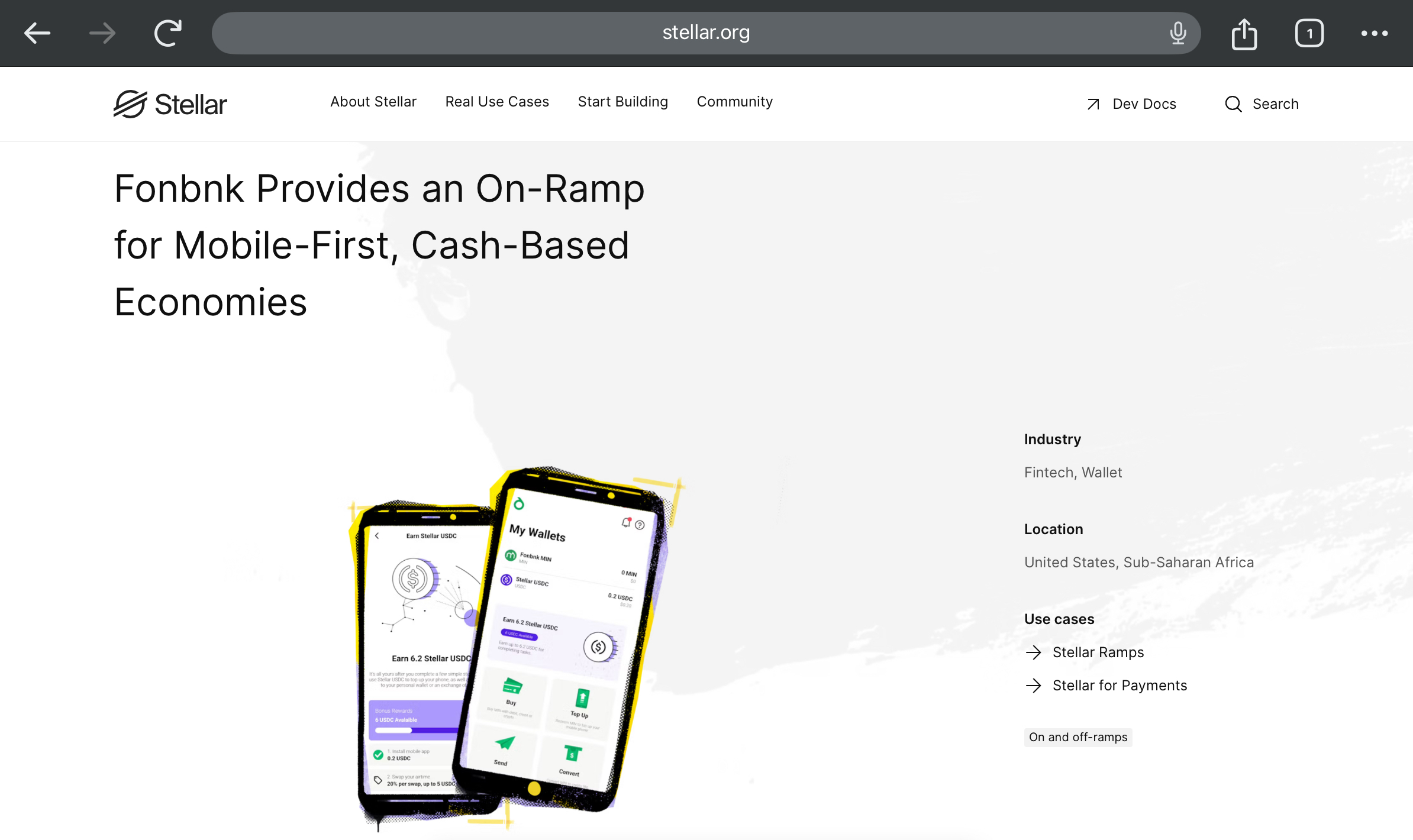
USDC Without XLM: A Roadblock for the Unbanked
Stellar recently published an article about its partnership with the African fintech service Fonbnk. The authors claim that many people in Africa lack access to banking services and, consequently, financial transactions. Fonbnk, leveraging Stellar’s network, is said to provide these individuals with access to modern financial tools.
But is that really the case?
According to the article, users of African mobile operators can use Fonbnk to convert their prepaid SIM card balances into USDC tokens on the Stellar network. It’s also emphasized that these tokens are stored in non-custodial wallets.
So far, so good - Fonbnk users now have USDC tokens. But the question remains: what can they actually do with them?
At Rabbit Swap, we occasionally receive inquiries from clients along the lines of: “I wanted to exchange Token X for Token Y, but then I found out I need native coins of the respective network just to send Token X. How do I get those?”
In the case of USDC on the Stellar network, that native coin is XLM. How is someone without access to modern financial services supposed to acquire XLM?
Here’s the catch: when the person’s money was sitting as a prepaid SIM balance, they could at least use it for mobile services. But once they convert it into USDC tokens, they’re left with assets they can’t do anything with until they somehow acquire some XLM for their wallet.
In my opinion, this doesn’t look like an opportunity - it looks more like a trap. It would have been far more practical if Fonbnk had converted SIM balances directly into lumens (XLM). That would have provided users with much greater utility.













